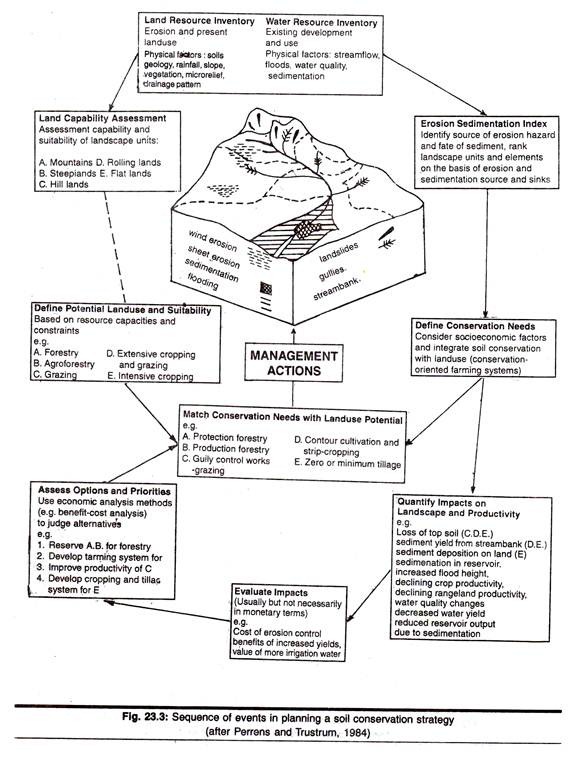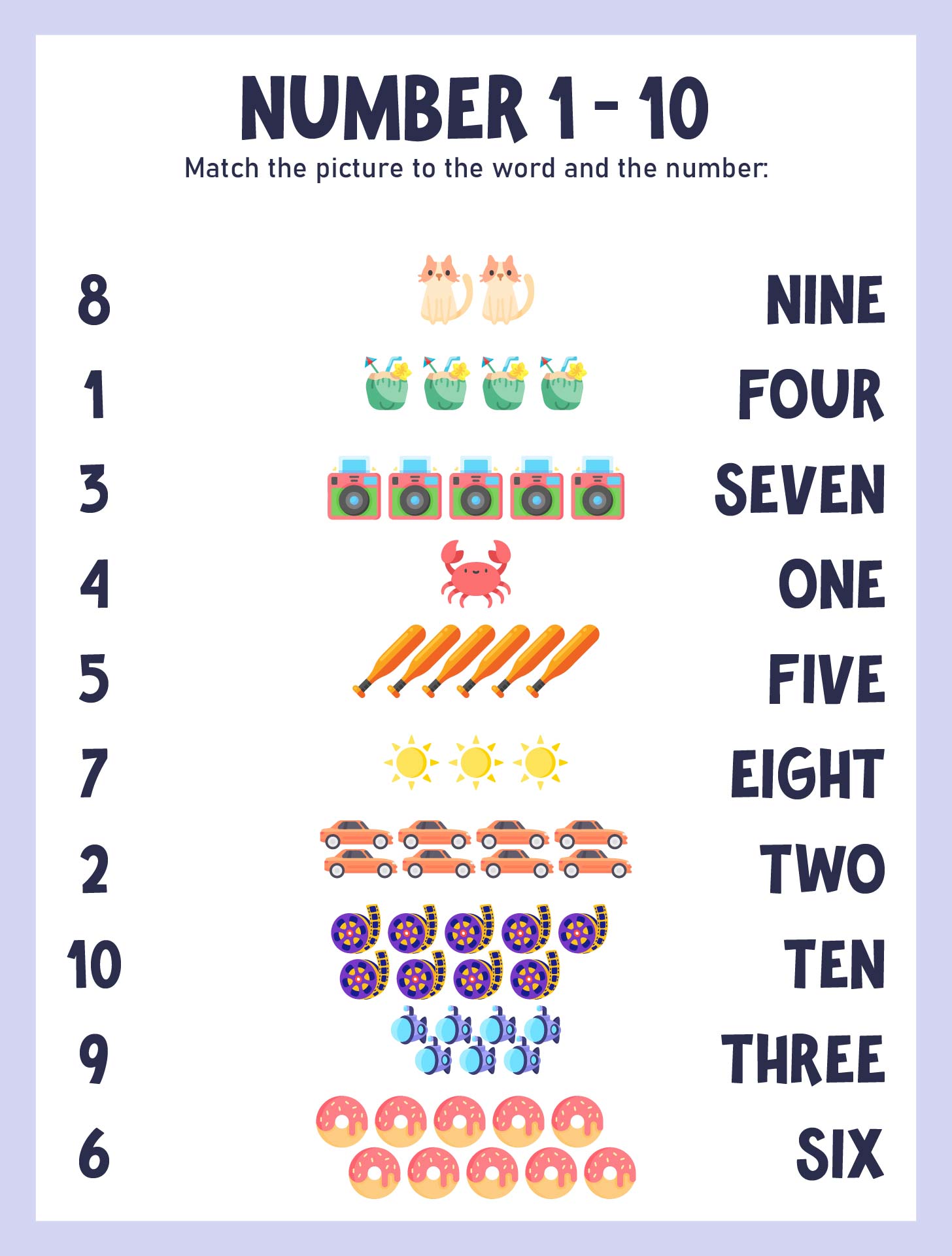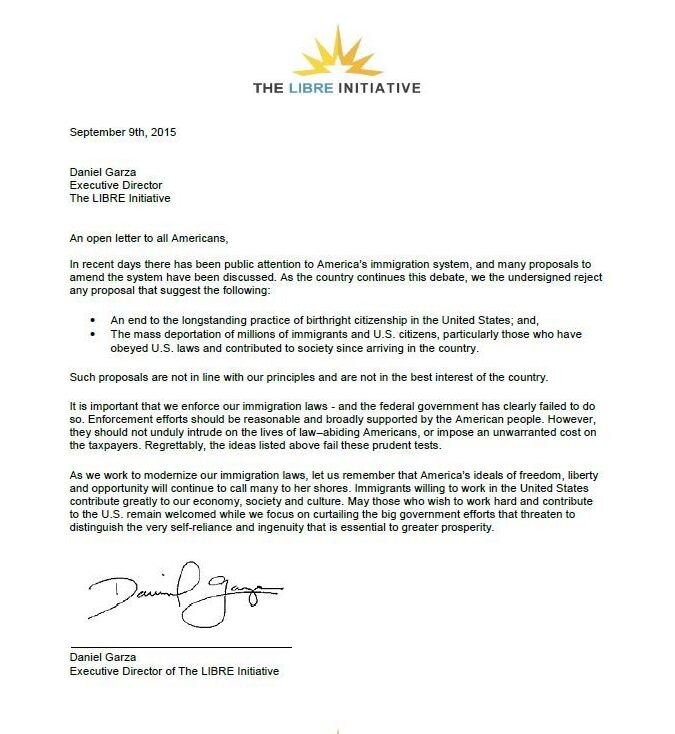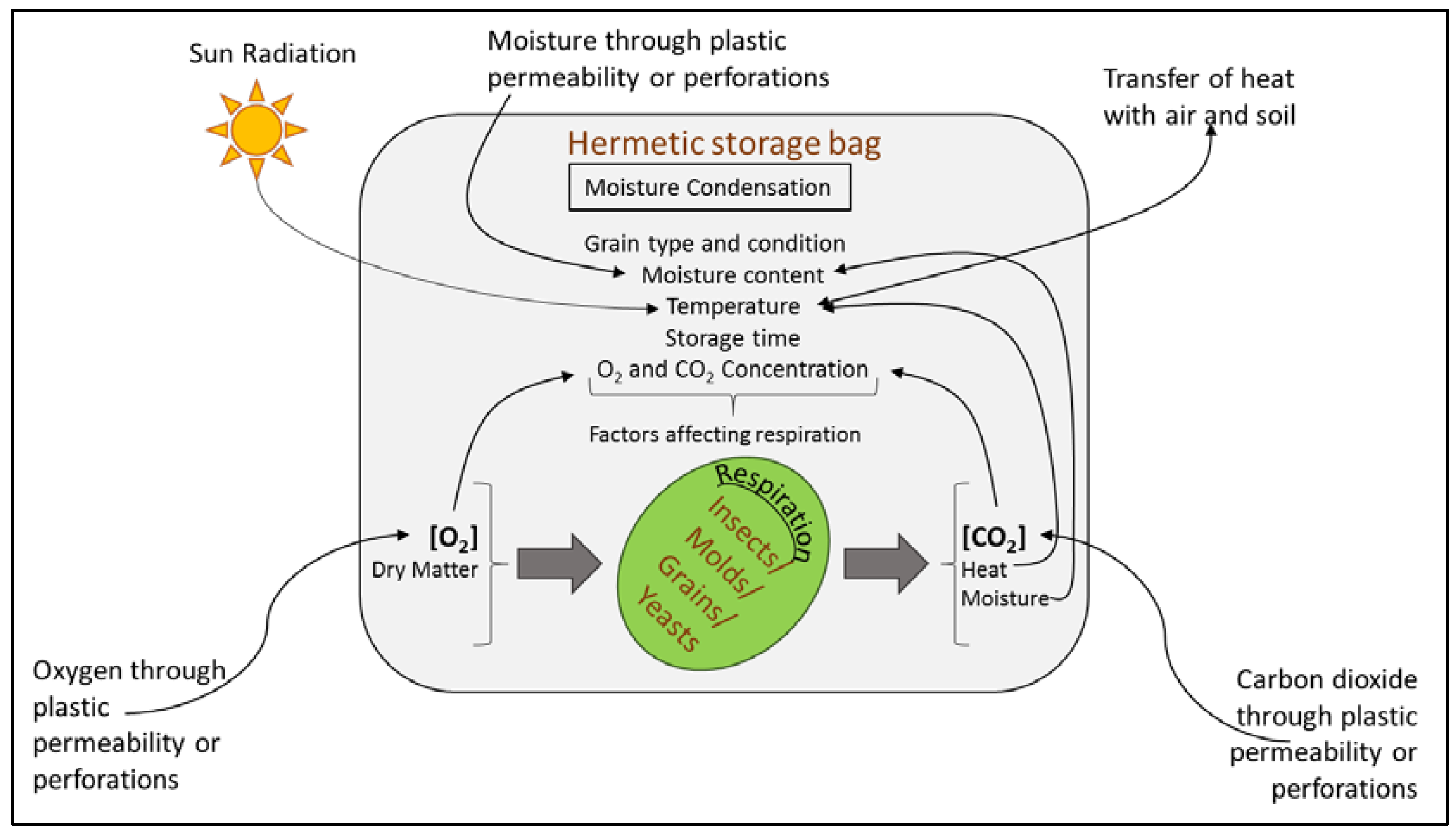Research Studies - The Feingold Diet.
Published Scientific Papers. Dr. Ben F. Feingold, M. D. Note: His research on flea bites gave Dr. Feingold a background in hapten. chemistry which is important for understanding the food dyes. In other words, there is a chemical similarity between flea venom and Red 40. 1949: Tonsillectomy in the allergic child. California medicine, 71(5):341-4.
In some of these studies, the researchers followed up implementation of the Feingold-type diet with a double-blind challenge using only very small amounts of one or a mix of food dyes. They had been told to use no more than 27 mg by the food additive industry organization calling itself the “Nutrition Foundation,” and some used far less.

A gluten and casein-free diet is also being tested in autism. 17 The Feingold diet eliminates food colorings and sometimes certain preservatives and foods with naturally occurring salicylates. 18 The Feingold diet was later adapted to only exclude artificial colorings and preservatives.

Definition The Dr. Feingold diet is a diet that eliminates many different forms of additives and other compounds from the diet. It is intended to reduce the symptoms of Attention Deficit Disorder and Attention Deficit Hyperactivity Disorder. Many proponents of the diet suggest that it can be used to improve other common problems as well.
Feingold diet description. Basically, the Feingold diet excludes synthetic (petroleum-based) dyes and flavorings, the petroleum-based preservatives BHT, BHA, TBHQ, and salicylate-containing products. This excludes several temperate-zone fruits, but most tropical fruits are acceptable.

Research about the Feingold diet is mixed. Some experts say it may help some kids, but not all. You shouldn't use the diet in place of your child's ADHD medications or therapy.

The Feingold diet is a helpful diet for those with autism. An elimination diet developed from research that appeared to link food additives with hyperactivity.

A study of the efficacy of the Feingold diet on hyperkinetic children. Some favorable personal observations. Brenner A. A study was conducted with 59 children, ages 6 to 14 years, heterogeneously grouped together under the diagnosis of the hyperkinetic, minimal brain dysfunction syndrome.

Of the 36 teachers, 6 rated the children as less hyperactive on the diet. Four of the 36 children on the Feingold diet were consistently rated as improved by both parents and teachers. The concordance of mothers' and fathers' ratings was not presented in the published paper, but data from a preliminary yielded the entries in Figure 1.

TY - ADVS. T1 - History and hyperactivity. T2 - the Feingold diet. AU - Smith, Matthew. PY - 2008. Y1 - 2008. N2 - In 1974 a self-help book written by Ben F. Feingold (1899-1982) entitled Why Your Child is Hyperactive arrived on the shelves of book stores across North America.

In my bread preservative research, 100% of children who followed the RPAH elimination diet for at least two weeks improved significantly, with one out of 28 dropping out in the first week (11). There is no doubt: diet works for the majority of children with ADHD symptoms if you get the diet right.

Feingold Diet Research Assignment Course: Food, Nutrition and Wellness Module: The Nutrients You Need Directions: Search the internet for information about the Feingold Diet. Type a report of your findings by answering the questions below and also providing any additional information that you consider important in your research of this topic. Your report should be at least two pages (double.

Busting the Sugar-Hyperactivity Myth. Are you convinced the reason for your son or daughter's rowdiness lies in a box of Milk Duds? You're not alone.



